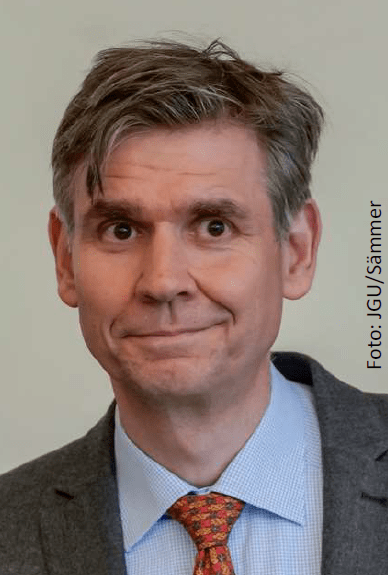Monthly Seminar Series | Time to Say Goodbye? The Impact of Environmental Regulation on Foreign Divestment
Sep 24, 2021 12:00 PM - Sep 24, 2021 01:00 PM
#Trade and FDI
#East Asia and Pacific
#Environment and climate change
Abstract
In this paper, we focus on divestments by foreign firms – a topic that has received comparatively little attention in the literature – and investigate how changes in the regulatory environment in the host country may impact on such divestment decisions. We use the implementation of China’s Two Control Zone (TCZ) policy as a “quasi-natural experiment”, using detailed firm level combined with city level data for the empirical analysis. Our results show that the implementation of TCZ policy has led to higher probabilities of divestments by foreign firms in targeted TCZ cities and industries. The mechanism behind this seems to be a TCZ-induced increase in polluting fees for affected firms, while there is no evidence to suggest that firms upgrade their production process. Allowing for heterogeneity of effects, we find that the effect is particularly strong for firms using less advanced technology. We also consider an alternative definition of the treatment and the results show that firms using intermediates from polluting industries also experience a higher probability of divestment.
About the Presenter
Haiou Mao is an associate professor at Huazhong Agriculture University (Wuhan, China). Her researcher interest lies on foreign direct investment and trade topics related with global value chains. She is also an external researcher of Kiel Center for Globalization. Before joining Huazhong Agriculture University, she was post-doc researcher at Kiel Institute for World Economy and Wuhan University, working on topics related with foreign divestment and Belt and Road Initiative.
About the Discussant
Philipp Harms is a Professor of International Economics at Johannes Gutenberg University Mainz, Germany. His research interests are in international economics, macroeconomics, and political economy. He holds a Ph.D. in Economics from University of St. Gallen, Switzerland.
In this paper, we focus on divestments by foreign firms – a topic that has received comparatively little attention in the literature – and investigate how changes in the regulatory environment in the host country may impact on such divestment decisions. We use the implementation of China’s Two Control Zone (TCZ) policy as a “quasi-natural experiment”, using detailed firm level combined with city level data for the empirical analysis. Our results show that the implementation of TCZ policy has led to higher probabilities of divestments by foreign firms in targeted TCZ cities and industries. The mechanism behind this seems to be a TCZ-induced increase in polluting fees for affected firms, while there is no evidence to suggest that firms upgrade their production process. Allowing for heterogeneity of effects, we find that the effect is particularly strong for firms using less advanced technology. We also consider an alternative definition of the treatment and the results show that firms using intermediates from polluting industries also experience a higher probability of divestment.
About the Presenter
Haiou Mao is an associate professor at Huazhong Agriculture University (Wuhan, China). Her researcher interest lies on foreign direct investment and trade topics related with global value chains. She is also an external researcher of Kiel Center for Globalization. Before joining Huazhong Agriculture University, she was post-doc researcher at Kiel Institute for World Economy and Wuhan University, working on topics related with foreign divestment and Belt and Road Initiative.
About the Discussant
Philipp Harms is a Professor of International Economics at Johannes Gutenberg University Mainz, Germany. His research interests are in international economics, macroeconomics, and political economy. He holds a Ph.D. in Economics from University of St. Gallen, Switzerland.

